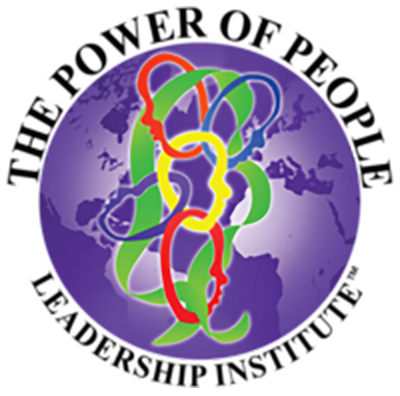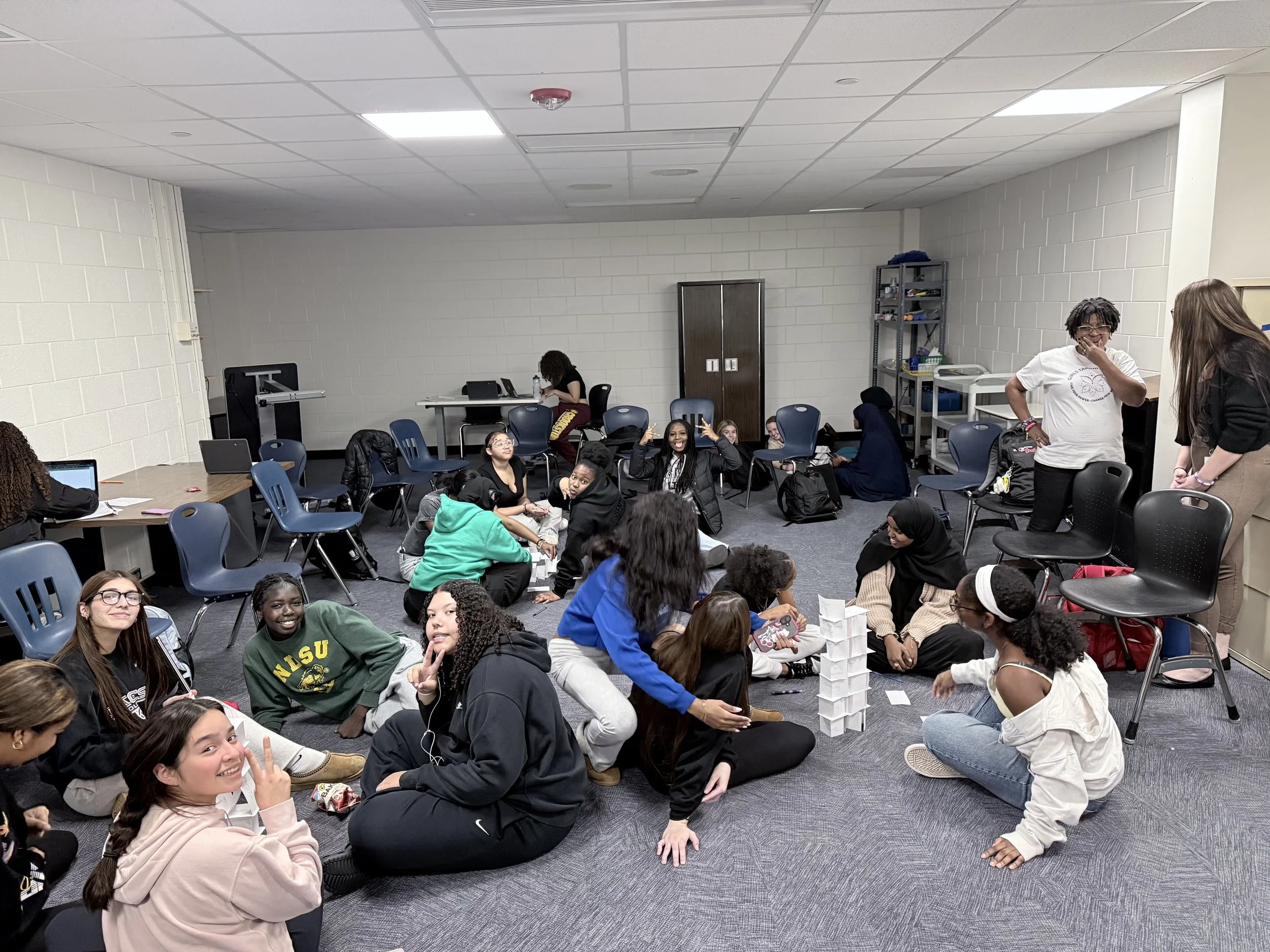Why Human Mentorship Trumps AI in the Digital Age: Finding Connection in a World of Algorithms
The rapid integration of Artificial Intelligence (AI) into the lives of young people is reshaping how they learn, create, and interact. ChatGPT, Google Gemini, and other AI platforms may seem like a better way to Google search everyday questions, but data is showing that 3 out of every 4 teens are using AI for companionship, not just an enhanced Google search.
AI companions are responding to teens’ questions about relationships, role-playing, emotional support, friendship, and conversation practice. Raising the question: Why is human mentorship more important now than ever?
The answer is simple: AI can't replace the deep connection and community that define the human experience.
Mentorship is an antidote to digital isolation and a critical line of defence against the predatory nature of unregulated apps and algorithms.
Mentorship Against Isolation
"Mentorship comes against the number one issue with mental health - isolation,” said Dr. Verna Cornelia Price, co-founder of The Power of People Leadership Institute. “Anytime that you can isolate a young person and they get stuck in their own minds... the isolation makes that message go even deeper into your psyche, which results in a lot of mental health issues."
AI is often mistakenly perceived as a person or a benevolent entity. According to a study with CBS News, youth chat with AI like a friend or parent, but AI is always available, always encouraging and affirming, and it never gets bored with interacting with the user - much different from human relationships.
"We have to make sure we change the message about AI because the message is that somehow it’s a person,” said Dr. Price. “It’s not a person. It’s a technology is what it is. It’s a computer. It’s an algorithm."
AI is a fantastic resource, but it operates purely on data and algorithms. Ultimately, AI is just a tool. But, without intentional effort to maintain human connection, that tool could lead to more isolation—a struggle we already face in the modern age.
"Human beings were created for community and connection,” said Ryan Fair, Family Counselor at POPLI. “AI is a tool, but that tool could also lead to more isolation."
POPLI is changing the narrative around AI through intentional mentorship through its youth programs Girls Taking Action and Boys of Hope. This year, the programs are mentoring nearly 700 youth in 7 school districts throughout the Twin Cities metro and St. Cloud. Trained men and women leaders form relationships with youth through their weekly, in-school mentorship sessions.
A mentor serves as a vital anchor, fostering the community that technology can unintentionally erode. They offer lived experience, empathy, and an understanding that an algorithm simply cannot generate.
As Ryan noted, "There's a relatability that the algorithm from AI can never replace."
“We're there in person for our young people,” said Dr. Price. “We're a real person. And we can help them figure things out. We can help them talk through things.”
Youth Development Vs. The Algorithm
Young people are particularly vulnerable to AI companionship. Brain research shows that youth’s prefrontal cortex—the part responsible for distinguishing right from wrong—is still developing. This makes their value system susceptible to the constant stream of unfiltered digital content.
Dr. Price views this unchecked digital exposure as dangerous: "AI, I think, is kind of a predator in that way."
This susceptibility, combined with the inherently addictive nature of the younger brain, creates a dangerous cycle where repeated exposure to harmful content drives destructive behavior. The issue is amplified when we recognize that AI is a profit-driven product.
"Any time a society puts a term on something, they're getting ready to market it... Any time the end result is profit, what you do is you get people in that game who are greedy, and they'll do anything, anything, to keep making profit off of whatever it is, even if it's destroying humanity," said Dr. Price
For Parents and Guardians
Because of the addictive nature of the developing brain, Dr. Price issues a stern warning to parents: they must remain in control of the device.
"For parents, the phone belongs to you, parents. It doesn't belong to your child,” Said Dr. Price. “You have got to monitor that phone. Because the young person, they can't. They simply cannot do it. Because of their state of development, they are addictive brains."
Parents and Guardians help youth see this bigger picture: "Your technology can only help you so far, said Fair. "You still have to have human-to-human interaction, connection, and that can never be replaced."
Call to Action: Next Steps for AI Usage
Given that technology is here to stay, the strategy must be balance and navigation, spearheaded by engaged adult mentors. Young people are desperate for authentic human connection and validation, which can counteract the lure of the screen.
It's easy for adults to either fear AI or forbid it entirely. Neither is productive. The challenge for mentors and trusted adults is to teach youth how to use AI responsibly, viewing it as an aid rather than a replacement for their own skills.
AI has a legitimate place in academics, research, and the future workplace. The key is helping students understand where the line is drawn. It's a resource that can help you articulate your ideas, but it should never replace the work of critical thinking or original creation.
"I think - teach them like it has its place in academia. It has its place with research... But it won't replace you needing to know how to get along with your coworker," Fair explains.
Help youth recognize the skills AI can't replace:
Communicating effectively with a teacher or boss.
Resolving conflicts with a coworker.
Navigating complex small group or cross-cultural dynamics.
Counteract AI companionship by providing three vital elements:
In-Person Presence: Being a real person who can help young people talk through their challenges and figure things out.
Real Strategies: Giving concrete, positive strategies on how to navigate a reality that will only become more technologically saturated.
Positive Empowerment: Encouraging them to use their screen time for positive content and building their "mental toughness" against the tough things in the world.
POPLI is mentoring youth and adults to overcome life’s challenges and create positive change in their lives, families, and communities. When it comes to AI, let’s not allow the software, hardware, and technology to overcome the critical space of humanity in all of this. We’re empowering young people to overcome forces designed to isolate them.





